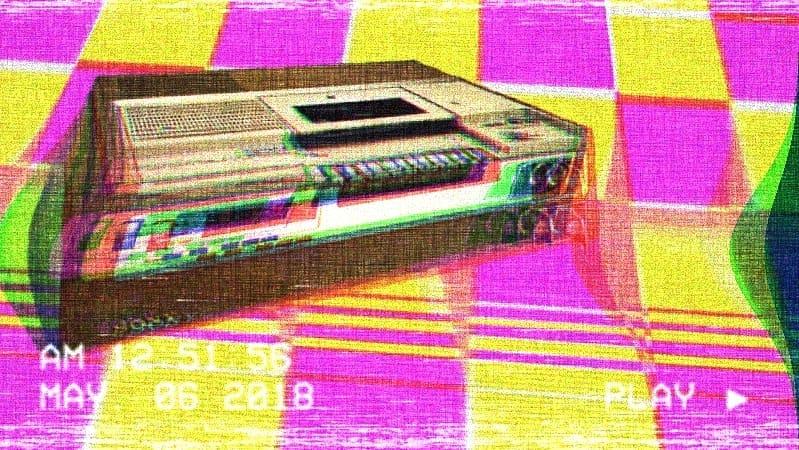#mentalhealth #arttherapy #betamax #homework #depression #glitch #glitchart #graphicart #graphics
Why Is Change So Difficult?
4 min read
To consider the question, put yourself in the following scenario:
You’re going to spend a month in Mexico. Thus, you decide to take a class in Spanish to make your time there easier, and learn a new language. At the end of the first class the teacher gives you homework.
How do you feel about homework? Did your mind internally groan. Perhaps, old ghosts from your past rose from the dark recesses of your memory to haunt you each day before the next class. Finally an hour before class, you sat down to do the homework. Or, you wrote the homework assignment off in frustration or shame.
Homework is a dirty word to many of us. It’s more than anxiety, it is a cultural perception carried over from grade school. Kids don’t want homework. Even some teachers don’t want to assign homework because that means “homework” for them in the form of grading.
This stigma has resulted in patterns of behavior like the one described above. In the hypothetical situation you decided to take Spanish for your personal benefit. This was not forced on you. Thus, homework is only going to improve your experience. Yet, this old phantom of the dread associated with homework clouds your mind from the truth. In this case, homework is good and our minds refuse to believe it because of years of learned behavior.
Knowing Is Less Than Half The Battle
Thankfully, I haven’t gotten a lot of people telling me to “just be happy.” There’s definitely still a stigma around depression and mental illness, but these things are becoming more prominent. Unfortunately, I am often the person telling myself to “just be happy.” I know many of my patterns of behavior. Sadly, I’ve spent years building them just as society has about homework. Therefore, changing them is not so easy.
The Chris Show is brought to you, and me, by Depression Inc. Like with Facebook and Twitter, I signed up without reading the Terms of Service. I wake up with the knowledge that I am programmed to despise myself. During breakfast, the loathing begins.
I have strategies to help. I can fill my schedule with tasks, meditate, exercise, and eat healthy. Even if I achieve success with these tools my pattern emerges. Good job. Of course, the reason you did all this today is because you’re broken. Winnie-the-Pooh’s friend Eeyore wouldn’t hesitate to block depression from his social networks. Knowing of my mental distortions help, but that information is held within the very hard drive I’m trying to repair.
Are We Sure Time Heals All Wounds?
People can learn to live with mental illnesses. I have friends, who I hope to feature on an upcoming podcast idea, that are doing just that. I believe the path to a better life lies in creating new patterns. On my reading list is a book focusing on neuroplasticity. It is possible to change our brains, but it requires practice and time. The real tricky part? Time is a construct of the mind. Thus, depression distorts time and therefore my healing.
- Tried doing things differently for a while and it didn’t work.
- I don’t have time to fix myself. I should be working and enjoying life because I’m already in my 40s.
- It’s too late for change. I’ve wasted my life.
This is why learning to live with my mental illness, making change is difficult. It’s homework that I don’t want to do because it means graduating into a world far bigger than my school. My mind, in this negative state, is predictable. Expecting sadness, fear, failure, disappointment, and shame is certain. Rolling the dice to possibly get joy, happiness, or success is unpredictable. I just can’t afford another failure, I have to be perfect. That’s the mental illness weighing in. Even the observational thought, “What do I have left to lose if I roll the dice?” has a negative connotation in my mind. It goes back to “The reason you have to try so hard is because you’re broken.”
Changing the mind is like following the instructions to set up your first VCR in the 80s using the video tape instructions it came with. That means there’s hope for me. People figured out their VCRs sooner or later. Or, they asked for help from friends. I just have to hope that my mind isn’t Betamax and eventually I’ll get there.

